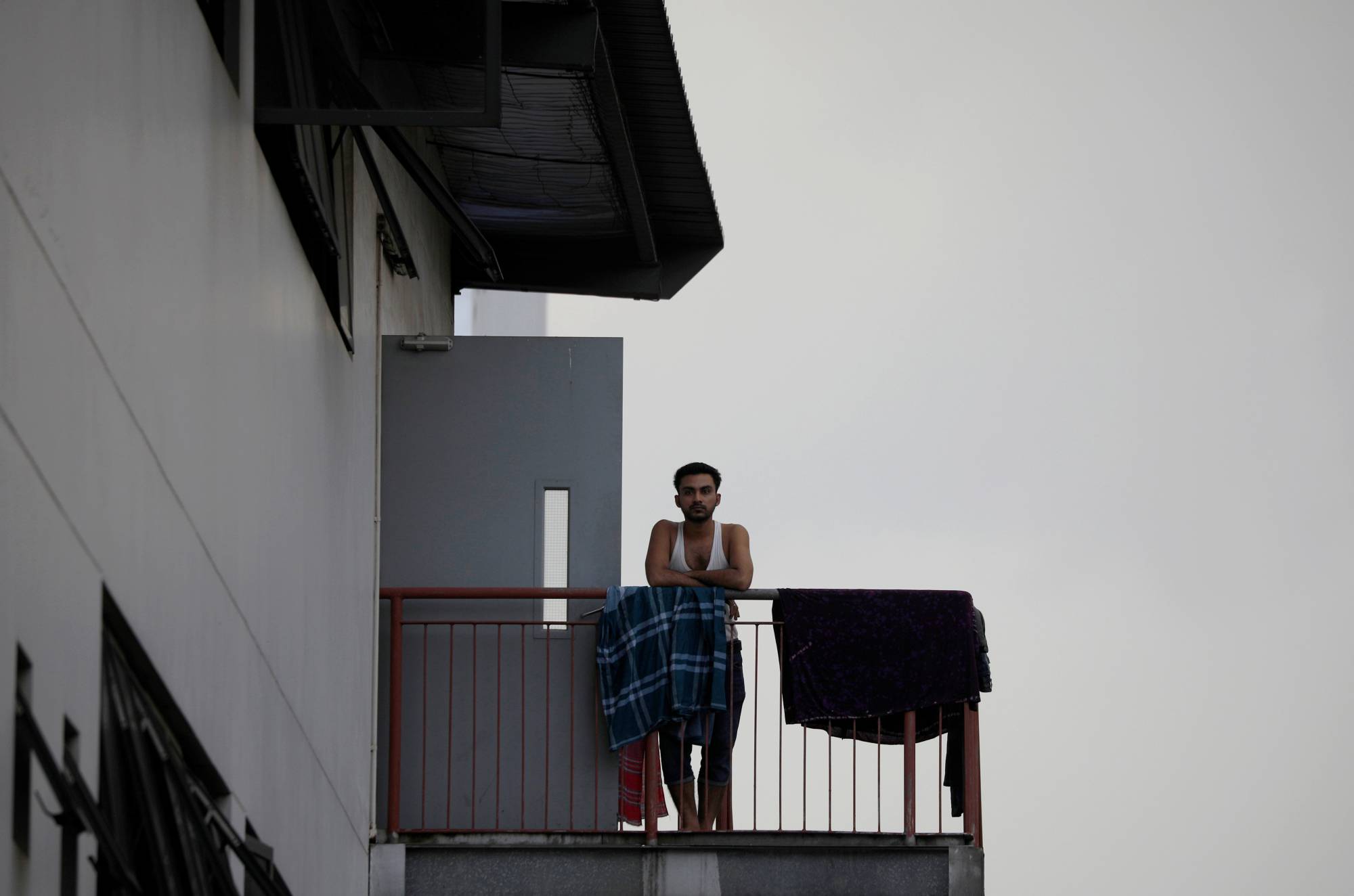On most days, there are zero new coronavirus cases among migrant workers in Singapore, who bore the brunt of the city-state’s outbreak this year. But as the government prepares for its final phase of reopening this month, those workers will not be part of it.
Low-wage migrant laborers, most of them from South Asia, are a crucial part of the Singaporean economy, especially in construction and shipyards. The outbreak among the workers, who make up 93% of Singapore’s 58,000 official cases, and the government’s handling of it have renewed long-standing questions about how the country treats foreign workers, and data released by the government this week showed that their infection rate was three times higher than previously reported.
On Monday, the Ministry of Health released the results of tests on the 323,000 migrant laborers who live in dormitories, showing that 98,000 of them had positive serology tests, which detect antibodies developed in response to a past infection. That is in addition to the more than 54,000 who had already tested positive on polymerase chain reaction, or PCR, tests, which detect whether a person currently has the virus.

















With your current subscription plan you can comment on stories. However, before writing your first comment, please create a display name in the Profile section of your subscriber account page.